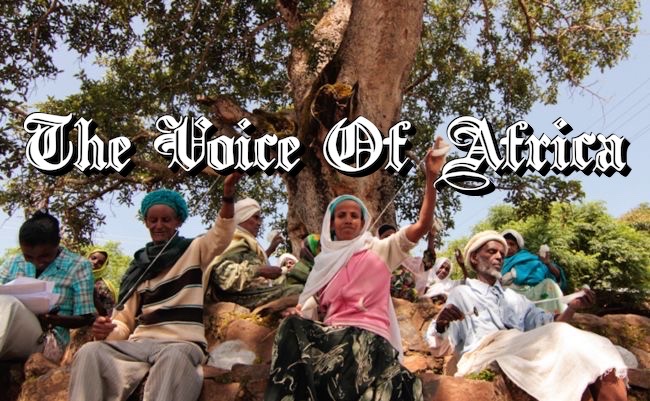The dust mixed around my sandals as I stepped through the arid Ethiopian topography, the
scorching sun beating down on my head. My thoughts, however, were far from the present, As a
young woman eager to build a life of my own, I constantly grappled with the societal
expectations placed upon me, the whispers of upcoming domesticity, the fear of being reduced
to a mere wife and mother.
The overall record painted a gloomy picture: a life of captivity, of sacrificing my dreams and
ambitions for the sake of my husband and children. The weight of these expectations felt
suffocating, a heavy cloak draped over my aspirations. I yearned for a life where my identity was
not defined by my marital status, where my dreams were not stifled by societal norms.
Then, I heard whispers of Awramba, a community unlike any other. Legend spoke of a place
where women were not mere possessions, where their voices were heard, and their dreams
were nurtured. A place where marriage was not a cage, but a partnership built on love, respect,
and equality.
The first thing that struck me was the palpable sense of equality. Women were not relegated to
the domestic sphere; they were active participants in all aspects of community life. They worked
alongside men in the fields, their voices heard in the village council. Children, both boys and
girls, were encouraged to pursue their passions, their education prioritized above all else.
The minimum age for marriage, 19 for women and 20 for men, ensured that couples entered
into wedlock with maturity and understanding. Gone were the days of lavish weddings, with their
exorbitant costs and the pressure to impress. In Awramba, the emphasis lay on the union itself,
not the spectacle. Couples began their lives together simply, focusing on building a strong
foundation for their future. They decided where they would make their home, a testament to
their shared decision-making power and the equality that permeated their relationship.
Women in Awramba were not mere possessions; they were partners, equals, and individuals.
The community recognized their right to control their bodies and their futures. Access to
contraception was not a privilege, but a right, empowering women to make informed choices
about their reproductive health.
Violence had no place in this utopian vision. Rape was strictly forbidden, and the community
fostered an environment of respect and safety for all its members.
Divorce was not a taboo subject, but it was not taken lightly. The community encouraged
couples to work through their challenges, to find solutions together. However, in cases of
irreconcilable differences – such as abuse, infidelity, or prolonged periods of unhappiness –
divorce was an option, albeit a last resort.
The Awramba community, with its unique approach to marriage, challenged the very fabric of
Ethiopian society. It demonstrated that love, equality, and individual choice could form the
foundation of a strong and fulfilling marriage. Though a small community, its impact resonated
far beyond its borders, inspiring others to question traditional norms and embrace a more
progressive and equitable approach to relationships.
As I left Awramba, a newfound hope stirred within me. I realized that the future I had envisioned
was not just a dream, but a reality. The women of Awramba had shown me the path, a path
where love, equality, and individual freedom could coexist, where marriage could be a source of
joy and fulfillment, not a cage of societal expectations. I left Awramba with a renewed sense of
purpose, determined to break free from the shackles of tradition and build a life that reflected my
own dreams and aspirations.








